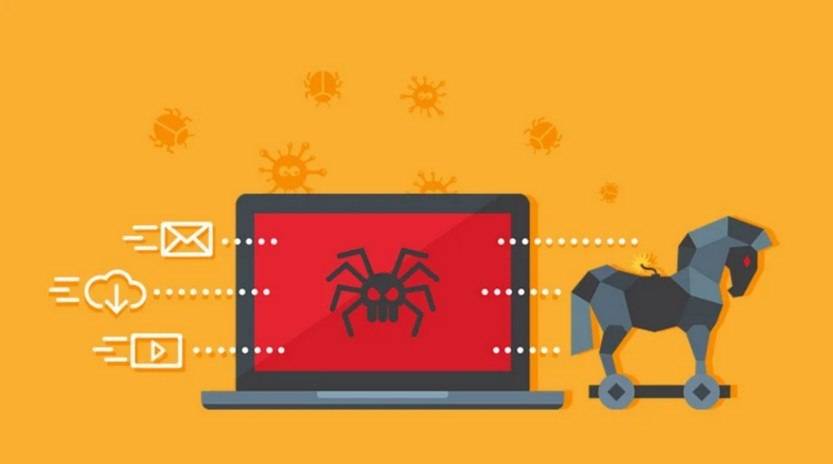Have you ever received a phone call from someone claiming to be Officer Sarah Jones from the legal department? If so, you might have been targeted by a scam that is trying to trick you into paying money or giving personal information. In this blog post, we will explain what the Officer Jones scam phone call is, how it works, what to do if you have fallen victim, and how to avoid it in the future.

What is the Officer Jones Scam Phone Call?
The Officer Jones scam phone call is a type of phishing scam that uses a fake caller ID and a recorded message to impersonate a law enforcement officer. The scammers claim that they are calling from the legal department and that you need to discuss your case and take action. They then ask you to press one to connect to a federal agent, or threaten to take legal action against you if you don’t.
The goal of the scammers is to scare you into believing that you are in trouble and that you need to pay a fine, settle a debt, or provide personal information such as your Social Security number, bank account details, or credit card information. They may also try to get access to your computer or smartphone by asking you to install software or click on a link.
How The Scam Officer Jones Scam Phone Call Works
The scammers use a technique called spoofing to make their phone number appear as if it is coming from a legitimate source, such as the IRS, the FBI, or the local police. They also use a female voice and a common name like Sarah Jones to sound more credible and trustworthy.
According to Reddit users and YouTube videos, the scammers use a recorded message or a text-to-speech software to call potential victims and say something like this:
“This is Officer Sarah Jones calling you from the legal department. The very second you receive this message, you need to leave your work aside so that we can discuss your case and take necessary action on this matter. In order to connect to a federal agent, press one and you will be connected to the concerned department. If we don’t hear from you, then we will be forced to take legal action against you. Press one and you will be connected to the concerned department.”
The scammers usually target people who are elderly, immigrants, or have limited English skills. They may also use information that they have obtained from data breaches, social media, or public records to make their calls more convincing and personalized.
The scammers may call multiple times and leave voicemails if you don’t answer. They may also use different phone numbers and names to avoid being blocked or reported.
Some of the other spoofed numbers that the scammers have used are:
1-800-829-1040
(202) 324-3000
(206) 622-0460
(213) 894-5000
(312) 353-5443
(415) 553-0123
(646) 610-5000
(703) 235-4000
If you receive the Officer Jones scam call, please do not follow the caller’s instructions, just hang up.
What To Do If You Have Fallen Victim
If you have pressed one and talked to the scammers, or if you have given them any money or information, you should take the following steps:
- Hang up immediately and do not call back or answer any more calls from unknown numbers.
- Contact your bank, credit card company, or other financial institutions and alert them of the scam. Ask them to freeze your accounts, cancel your cards, or reverse any transactions that were made by the scammers.
- Report the scam to the Federal Trade Commission (FTC) at https://reportfraud.ftc.gov/ or by calling 1-877-382-4357. You can also report it to your local police department or state attorney general’s office.
- Check your credit reports for any signs of identity theft or fraud. You can get a free copy of your credit report from each of the three major credit bureaus (Equifax, Experian, and TransUnion) once a year at https://www.annualcreditreport.com/ or by calling 1-877-322-8228.
- Change your passwords and security questions for your online accounts and devices. Use strong and unique passwords that are not easy to guess or crack. Enable two-factor authentication whenever possible.
- Be alert and vigilant for any other signs of phishing or scam attempts. Do not open any suspicious emails, texts, or links. Do not give out any personal or financial information over the phone unless you initiated the call and verified the identity of the person you are talking to.
Conclusion
The Officer Jones scam phone call is one of many scams that are trying to exploit people’s fear and trust. It is important to be aware of how these scams work and how to protect yourself from them. Remember that no legitimate law enforcement agency will ever call you and ask you to pay money or provide personal information over the phone. If you receive such a call, just hang up and report it.




